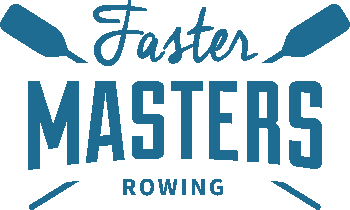Is this really a complicated subject – surely you just breathe when you want to?
Well no actually that is not best for rowing performance.
We chose a big topic for this week’s podcast. Breathing.
Few of us re-learn how to inhale and exhale. Most just let it happen naturally when rowing. But we may be getting it badly wrong.
This week’s podcast and the Faster Masters paid membership subscriptions both address breathing in rowing.
Why is that?
The easy answer to “when to breathe” is to inhale on exertion and exhale on the recovery. That works for most sports, but in rowing your diaphragm is constricted when you are at the catch and you won’t get a full breath in. So we have to do it differently.
When you work harder and get tired, you can end up feeling very short of breath indeed.
Does this matter?
Yes it really does – because you could be compromising your ability to train effectively. Getting rid of carbon dioxide is important because any build-up in your body will cause you to bind up.
The Faster Masters podcast for 1 September
- Rebecca runs through nose breathing during the warm up for daily training.
- Marlene explains how to use your breath to calm yourself before a race.
In the paid membership subscription is a detailed article about Rhythmic Breathing. Marlene describes exactly where in the stroke you should breathe, how to use breathing to improve your rowing and what to do if you run out of air before your muscles become exhausted.
Timestamps
05:00 Would you race for fun? What is the appeal of racing and rowing?
11:30 The Goddess Coach
18:00 Socializing at the rowing club. We started the club and agree that NOT chatting in the boat is important. But when you are training at Category VI you should be able to talk while rowing.
22:00 Does it matter if training groups don’t overlap and meet at the club. Every Tuesday night we have picnic dinners on the grass.
25:00 Macons. Because the surface area is smaller you get more slip in the stroke. They won’t do te work for you. You have to enter and release very precisely.
28:00 Rowing technique changed with cleaver blades and rig changed too. Open water rowers may prefer macons
33:00 Breathing in the rowing stroke. Mark Novak suggests you inhale on exertion and exhale on the recovery. He’s the physical therapist for the US national team. Focus your breathing on land. The main purpose of breathing is to blow out carbon dioxide. That will bind you up if it accumulates. Make breathing part of your rhythm.
39:30 Breathing can calm you down before the start of a race – Rebecca explains nose breathing.
Warming up for your training session can be enhanced with nose breathing.
47:00 Virtual regattas – are they appealing to you? Especially if they are on the erg.
53:00 Racing is about YOU – Your performance. Did you come away satisfied with your performance afterwards?
n


